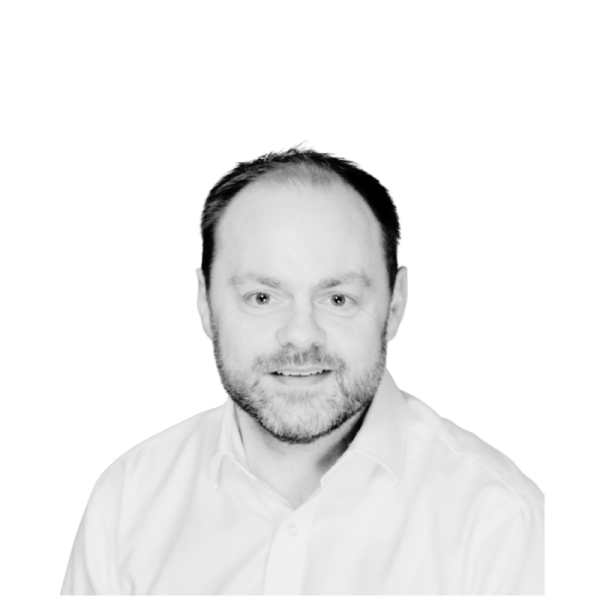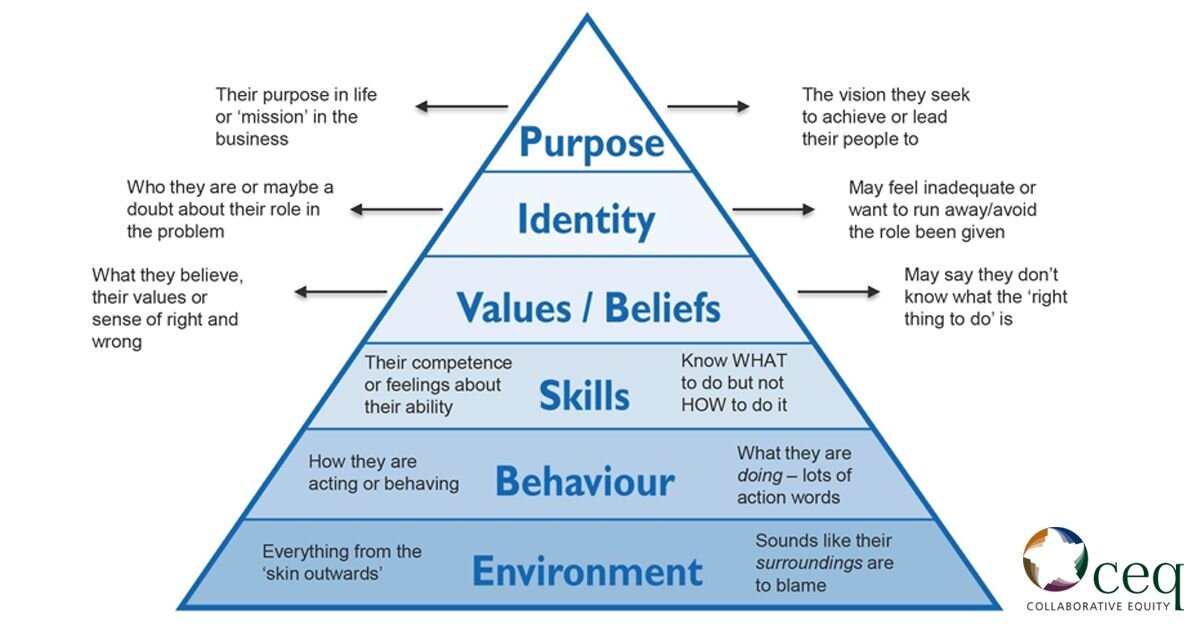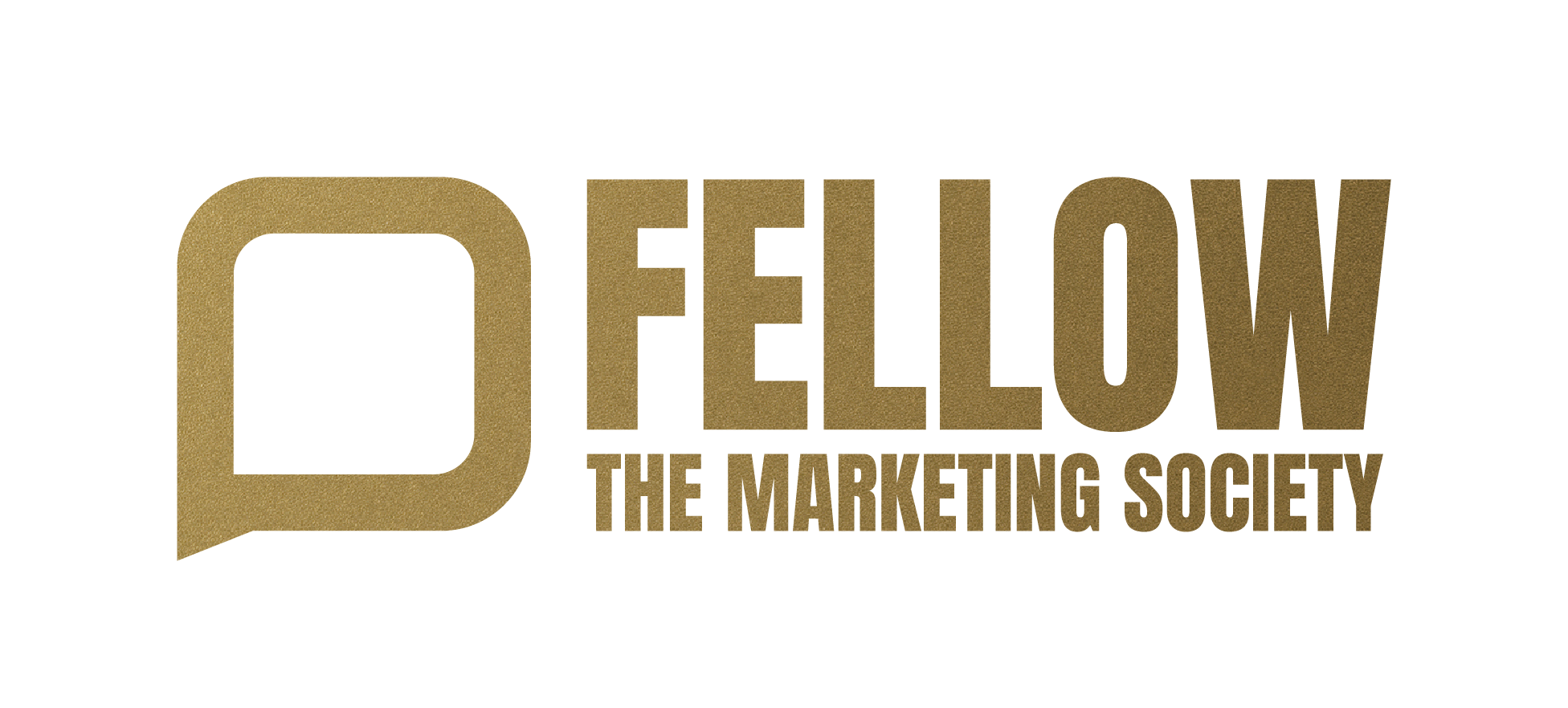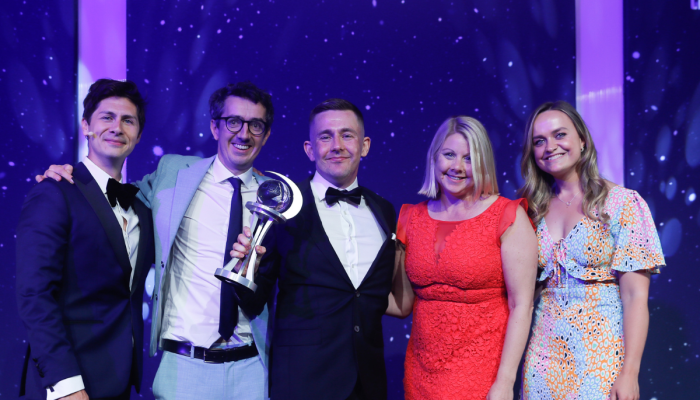I am a pathological optimist and I believe that in life you can have your cake and it. My hope is that in the coaching I do as part of a 'fruit salad' portfolio career, I can help people take a meaningful step towards this.
There are no magic beans; it's simply a combination of two things... doubling down on existing superpowers and re-framing self-limiting beliefs. What is fascinating is that these two things are typically opposite sides of the same coin - we often doubt ourselves for the things that we are talented in but undervalue them and consequently over-do them to a point where we inadvertently constrain ourselves and others.
Strengths Overdone
The reason that they are intertwined is based on a neurological truth. At the age of three our brains switch on to the world. Before then we don’t yet have the ability to develop enduring memory structures but from this point we are into the game of developing talents. The same cycle that develops childhood prodigies such as Mozart and Tiger Woods is true of all of us. Children notice what they get praised for, do more of it and get better, leading to more feedback and more stimulus to get even better. In adulthood that feedback and nurturance cycle collapses and we end up doubting ourselves for the very things that we have become accomplished in:
• that person with incredible attention to detail who can get paralysed with perfectionism
• that incredibly organised and structured person that feels out of control all the time but might in fact be too controlling
• that amazingly curious person who takes it to an extreme and becomes a magpie and wheelspins, never fixing on anything
• that very high achieving person who drifts into 'more, more, more, next, next, next' but never enjoys or believes it's enough
• that person who is adept at thinking through complex problems but is prone to pontificate.
We are all Prodigies
In all cases these are superpowers over-done but if we can identify and stay in the 'sweet spot' of these talents we can be more successful and fulfilled.

"We are all prodigies of a kind. This forms the bedrock of my optimistic perspective on personal development focussing on what is available, natural, effortless and sustainable, and away from what is difficult, unnatural and exhausting to sustain. "
The Neurological Levels of Change
Which brings me to Robert Dilts’ and his model of Neurological Levels of Change, sometimes referred to as the Logical Ladder. I would argue that this should be any coach’s go-to tool to help their coachees distil what will make them both successful and fulfilled.
Dilts is a leader in the field of Neuro Linguistic Programming (NLP) who developed this simple but powerful model which elegantly captures all the moving parts in any given "system". It can be applied to the system of a whole organisation, to a team, or - most powerfully - to an individual. Here is the model - not too dissimilar to a brand pyramid and arguably made for marketers.

The model can be used as a great diagnostic if something feels out of sorts; it can help put a finger on the source of the frustration as a first step to addressing the underlying issue. But I think it’s most powerful in capturing personal conditions for success . It’s a departure from 'closed' coaching models such as Myers Briggs or Insight colours which give you a label but also a straight jacket. Your Dilts Ladder is unique to you and is the foundation for possibility and opportunity; a springboard rather than a framework of confinement.
The Approach
The start point is to identify the time you were at your pinnacle best - a brilliant project, or role, or year in your life, having disproportionate impact for least effort. It's now about moving from the bottom to the top of the triangle capturing what exactly was going on at each level that underpinned this pinnacle moment. To help here are a few killer questions to draw out your thinking of yourself.
Environment:
• What environment brings out the best in you?
• Who's around?
• What’s going on?
• What's the culture?
• How would you describe the energy?
Behaviours:
• What behaviours were you demonstrating?
• What were you doing outside of your functional skills?
• How were you operating?
• How were you adding value to the context in your behaviour?
• How were you making other people feel?
Skills:
• What skills were you bringing?
• What are you highly experienced in?
• What tasks do you find much easier than others and create a disproportionate effect?
• What have you been trained in?
• What activities can sustain a high performance in without exhaustion
Values and Beliefs:
• What values were you demonstrating more powerfully?
• What were you believing in at that time or times?
• What behaviour wasn't tolerated in that environment?
Identify:
• What role were you playing?
• How did you show up?
• What was your approach?
Purpose:
• What is your purpose?.
• What is your "why"?
• What gives you your enduring satisfaction, energy and commitment?
• What are you here to do?
Typically, this will reside in one of four territories - helping/growing people, contributing to/building high performing teams, fixing really knotty problems, or trying to create disruption or systemic change.
In the first instance you might come up with a statement that combines these territories but when you think further there is one that has primacy over the others. It's important to remember that the output of this model should be considered a living document. After this first pass from bottom to top, review downwards to see how the layers above inform the layer beneath in order to refresh and fine-tune.
And that's it. Hopefully a fresh and simple foundation to unlock the power in you. Give it a go and I would love to chat with you if ever need a sounding board.
Authored by Mark Evans, Fellow of The Marketing Society.




